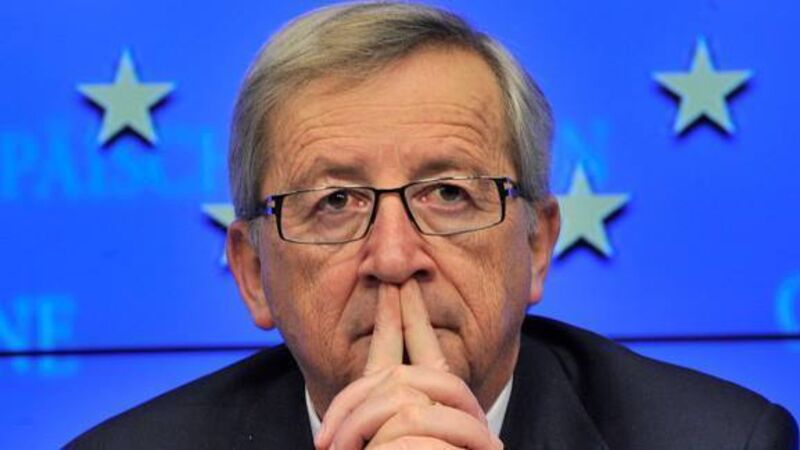Streamline commission, says EU team

The study by former senior European officials and industry lobbyists says the EU’s executive arm, which proposes and enforces laws, needs a pyramidal structure to prevent disorganisation and mission creep.
The ideas have received a positive initial response from Martin Selmayr, Juncker’s likely chief-of-staff, and advisers to British prime minister David Cameron and German chancellor Angela Merkel, a source said.
















